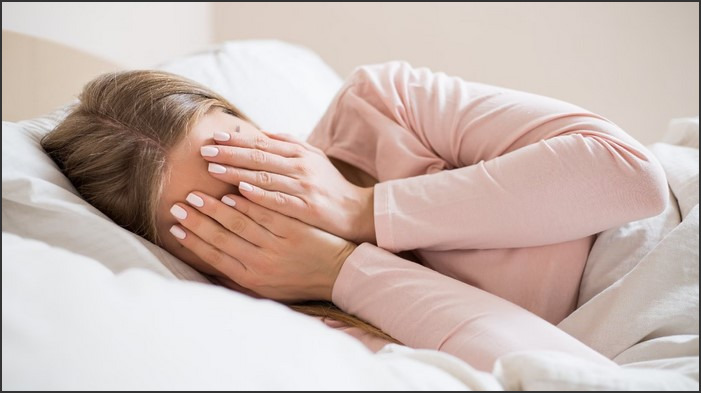
Adult bedwetting, also known as nocturnal enuresis, is a condition that affects millions of adults worldwide. It is a condition that can cause embarrassment and distress, and can have a significant impact on an individual’s quality of life. While bedwetting is more commonly associated with children, it can also affect adults. In this article, we will discuss the causes of adult bedwetting and the management approaches that can be used to help manage the condition.
Exploring the Causes of Adult Bedwetting: Identifying Risk Factors and Treatment Options
Bedwetting, or nocturnal enuresis, is a common problem among adults, affecting up to 5% of adults over the age of 18. While it is often thought of as a childhood issue, adult bedwetting can be a source of embarrassment and distress for those affected. It is important to understand the causes of adult bedwetting in order to identify potential risk factors and develop effective treatment options.
The causes of adult bedwetting are varied and can include physical, psychological, and lifestyle factors. Physical causes may include urinary tract infections, diabetes, bladder or prostate problems, and neurological disorders. Psychological causes may include stress, anxiety, depression, and sleep disorders. Lifestyle factors such as alcohol consumption, smoking, and certain medications can also contribute to adult bedwetting.
Identifying risk factors is an important step in understanding the causes of adult bedwetting. Risk factors may include a family history of bedwetting, a history of urinary tract infections, and certain medications. It is also important to consider lifestyle factors such as alcohol consumption, smoking, and stress.
Once the causes of adult bedwetting have been identified, treatment options can be explored. Treatment options may include lifestyle changes such as reducing alcohol consumption and quitting smoking, as well as psychological interventions such as cognitive behavioral therapy and relaxation techniques. In some cases, medications may be prescribed to help reduce the frequency of bedwetting.
Adult bedwetting can be a source of embarrassment and distress for those affected. It is important to understand the causes of adult bedwetting in order to identify potential risk factors and develop effective treatment options. With the right support and treatment, adult bedwetting can be managed and those affected can live a normal life.
Understanding the Impact of Adult Bedwetting: How to Manage Symptoms and Improve Quality of Life
Adult bedwetting, also known as nocturnal enuresis, is a condition that affects millions of adults worldwide. While it is often thought of as a childhood issue, adult bedwetting can have a significant impact on an individual’s quality of life. In this article, we will discuss the causes and effects of adult bedwetting, as well as strategies for managing symptoms and improving quality of life.
The causes of adult bedwetting can vary from person to person. In some cases, it may be due to an underlying medical condition such as diabetes, urinary tract infection, or bladder dysfunction. Other potential causes include stress, sleep apnea, or certain medications. It is important to speak with a healthcare professional to determine the cause of your bedwetting.
The effects of adult bedwetting can be both physical and psychological. Physically, it can lead to skin irritation, urinary tract infections, and dehydration. Psychologically, it can lead to feelings of embarrassment, shame, and low self-esteem. It can also interfere with relationships and social activities.
Fortunately, there are strategies that can help manage the symptoms of adult bedwetting and improve quality of life. These include lifestyle changes such as reducing caffeine and alcohol intake, avoiding bladder irritants, and practicing good sleep hygiene. Additionally, medications such as desmopressin can be used to reduce the frequency of bedwetting episodes.
In conclusion, adult bedwetting can have a significant impact on an individual’s quality of life. It is important to speak with a healthcare professional to determine the cause of your bedwetting and to develop a treatment plan. Additionally, lifestyle changes and medications can be used to manage symptoms and improve quality of life. With the right support and strategies, it is possible to manage adult bedwetting and live a fulfilling life.In conclusion, adult bedwetting is a complex issue that can have a variety of causes. It is important to understand the underlying cause of the bedwetting in order to develop an effective management approach. Treatment options may include lifestyle changes, medications, and/or psychological interventions. It is important to seek professional help if bedwetting persists, as it can be a sign of an underlying medical condition. With the right approach, adult bedwetting can be managed and treated successfully.